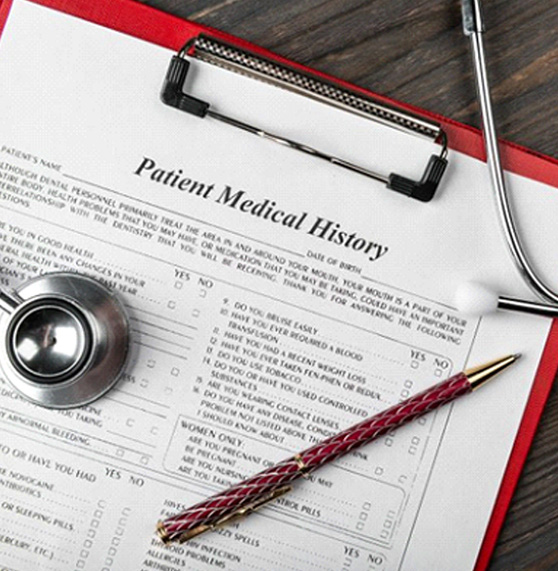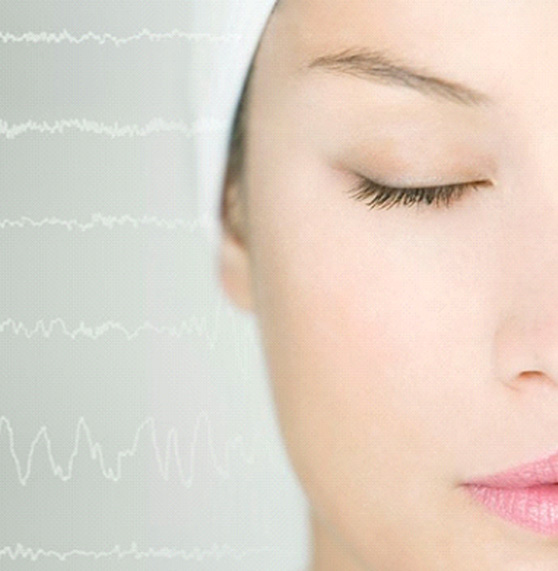Diagnosing Sleep Apnea – Northern Arizona
Discovering the Root of Your Sleep Problems
You must get a proper diagnosis of your situation before being able to undergo sleep apnea treatment. If you arrive at our office uncertain whether you have this disorder or not, our team is more than happy to walk you through the screening and testing process. Not only will we need to determine if sleep apnea is the issue, but we’ll also have to identify what’s causing your condition. In this way, we can more accurately prescribe the proper treatment plan to help you overcome the issue and achieve greater rest. Read on to learn more about the process for diagnosing sleep apnea or give us a call today to schedule a consultation!




